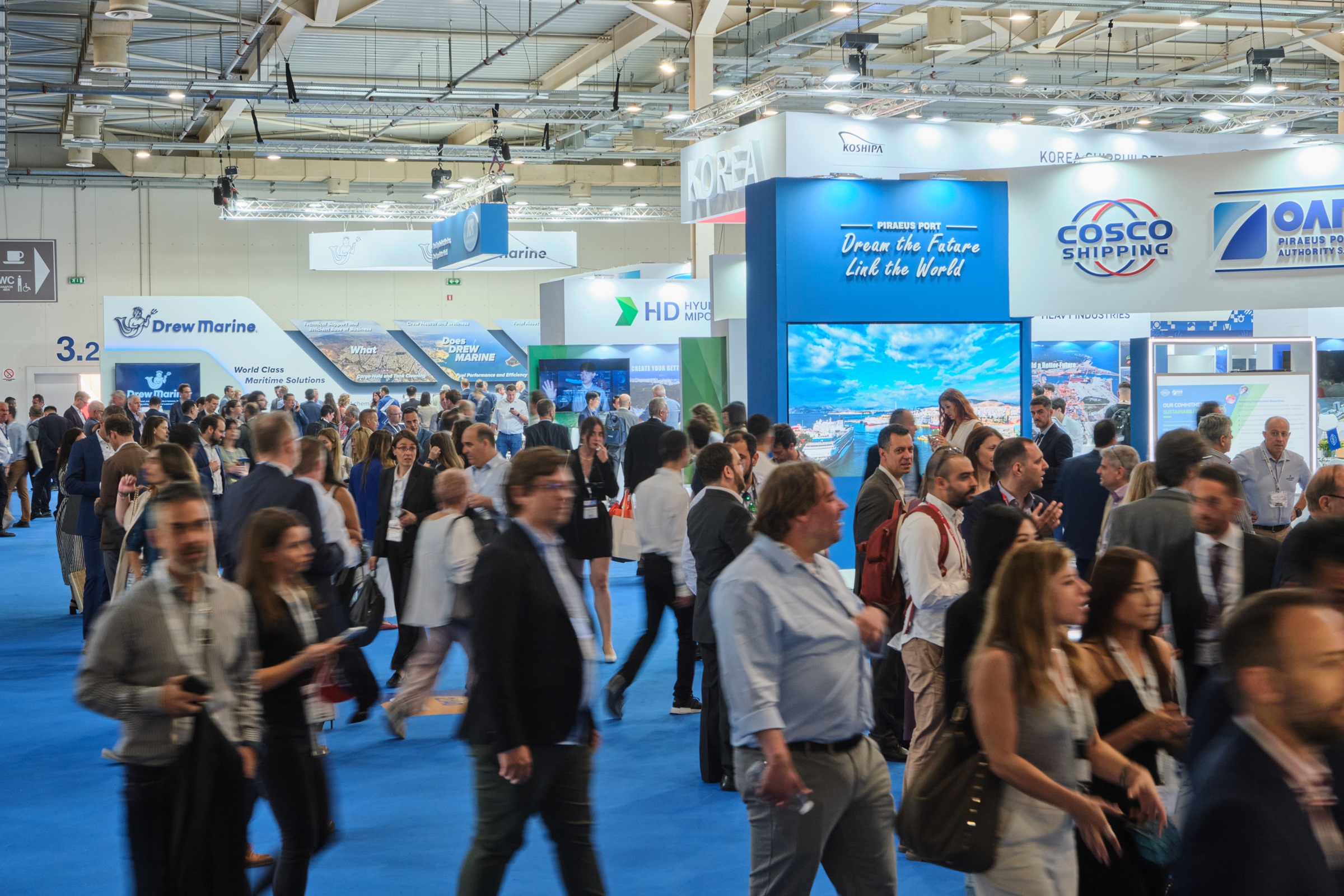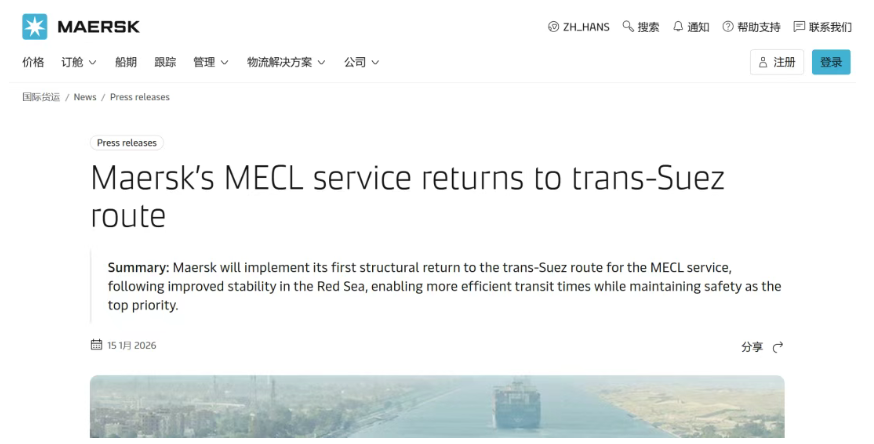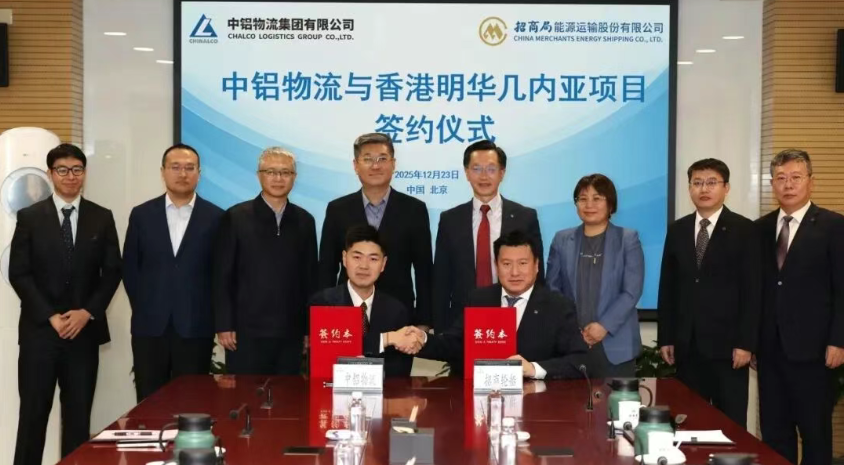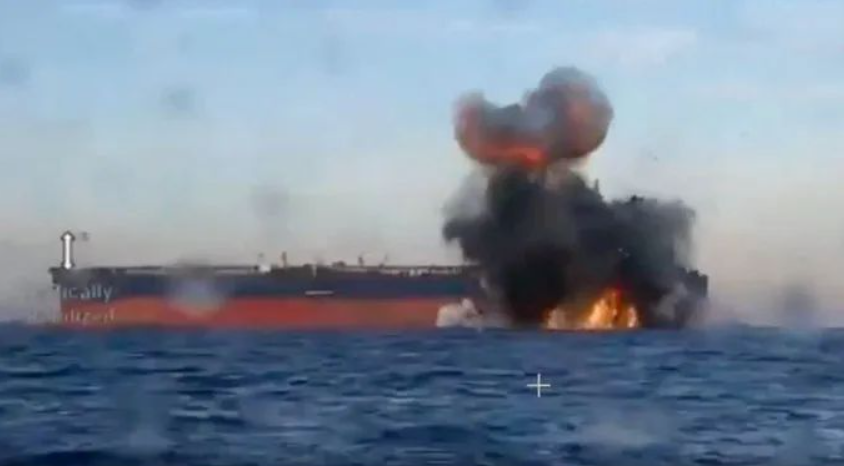
MAN Energy Solutions supplies three salt-powered reactor systems for the production of biodegradable plastic to a leading Chinese chemical company.
MAN Energy Solutions has completed the world’s largest salt-operated reactors for a new maleic anhydride plant for the production of biodegradable plastic. The three reactors, each weighing 655 tons, have now been loaded onto the 135 meter long Danube ship “Excelsior” at the MAN Energy Solutions site in Deggendorf (Germany). From there, the reactors will first be transported via the Danube to the Romanian port of Constanta, from where they will then reach their destination in the Chinese city of Yantai (Shandong province) by ocean-going vessel.
The customer is Wanhua Chemical Group Co. Ltd., a leading supplier of chemical products in China, which will use the three salt bath reactors to produce maleic anhydride. This chemical product is in turn required for the production of PBAT (polybutylene adipate terephthalate), a raw material for biodegradable plastics. With a total capacity of 200,000 tons per year, Wanhua will start up one of the world’s largest production plants for maleic anhydride.
Norbert Anger, MAN Energy Solutions’ Head of Site in Deggendorf, says: “With an annual capacity of 67,000 metric tons each, the three salt bath reactors are the largest ever built anywhere in the world. Currently, only MAN Energy Solutions has the know-how and capabilities required to build such large reactor systems.”
The salt-operated reactors each measure nearly 7 meters in height and around 12 meters in diameter. Each reactor consists of 38,500 tubes. The power consumption of the system is optimized and a higher efficiency of the process is achieved through an optimized tube diameter, which leads, among other things, to a lower pressure drop across the catalyst bed. The reactors reach an operating temperature of up to 450°C. Thanks to the excellent temperature control provided by the DWE® reactors, the operating conditions for each of the 38,500 tubes are practically identical, maximizing selectivity and yield.
China expects a growing demand for maleic anhydride in the coming years, mainly driven by the process industry’s efforts to increase the production of environmentally sustainable packaging-material. PBAT-based plastic is biodegradable: when buried in soil, it decomposes due to the action of naturally occurring micro-organisms – such as fungi, algae and bacteria – and leaves no toxic residues behind.
Source: MAN Energy Solutions
MAN Energy Solutions has completed the world’s largest salt-operated reactors for a new maleic anhydride plant for the production of biodegradable plastic. The three reactors, each weighing 655 tons, have now been loaded onto the 135 meter long Danube ship “Excelsior” at the MAN Energy Solutions site in Deggendorf (Germany). From there, the reactors will first be transported via the Danube to the Romanian port of Constanta, from where they will then reach their destination in the Chinese city of Yantai (Shandong province) by ocean-going vessel.
The customer is Wanhua Chemical Group Co. Ltd., a leading supplier of chemical products in China, which will use the three salt bath reactors to produce maleic anhydride. This chemical product is in turn required for the production of PBAT (polybutylene adipate terephthalate), a raw material for biodegradable plastics. With a total capacity of 200,000 tons per year, Wanhua will start up one of the world’s largest production plants for maleic anhydride.
Norbert Anger, MAN Energy Solutions’ Head of Site in Deggendorf, says: “With an annual capacity of 67,000 metric tons each, the three salt bath reactors are the largest ever built anywhere in the world. Currently, only MAN Energy Solutions has the know-how and capabilities required to build such large reactor systems.”
The salt-operated reactors each measure nearly 7 meters in height and around 12 meters in diameter. Each reactor consists of 38,500 tubes. The power consumption of the system is optimized and a higher efficiency of the process is achieved through an optimized tube diameter, which leads, among other things, to a lower pressure drop across the catalyst bed. The reactors reach an operating temperature of up to 450°C. Thanks to the excellent temperature control provided by the DWE® reactors, the operating conditions for each of the 38,500 tubes are practically identical, maximizing selectivity and yield.
China expects a growing demand for maleic anhydride in the coming years, mainly driven by the process industry’s efforts to increase the production of environmentally sustainable packaging-material. PBAT-based plastic is biodegradable: when buried in soil, it decomposes due to the action of naturally occurring micro-organisms – such as fungi, algae and bacteria – and leaves no toxic residues behind.
Source: MAN Energy Solutions
The opinions expressed herein are the author's and not necessarily those of The Xinde Marine News.
Please Contact Us at:







